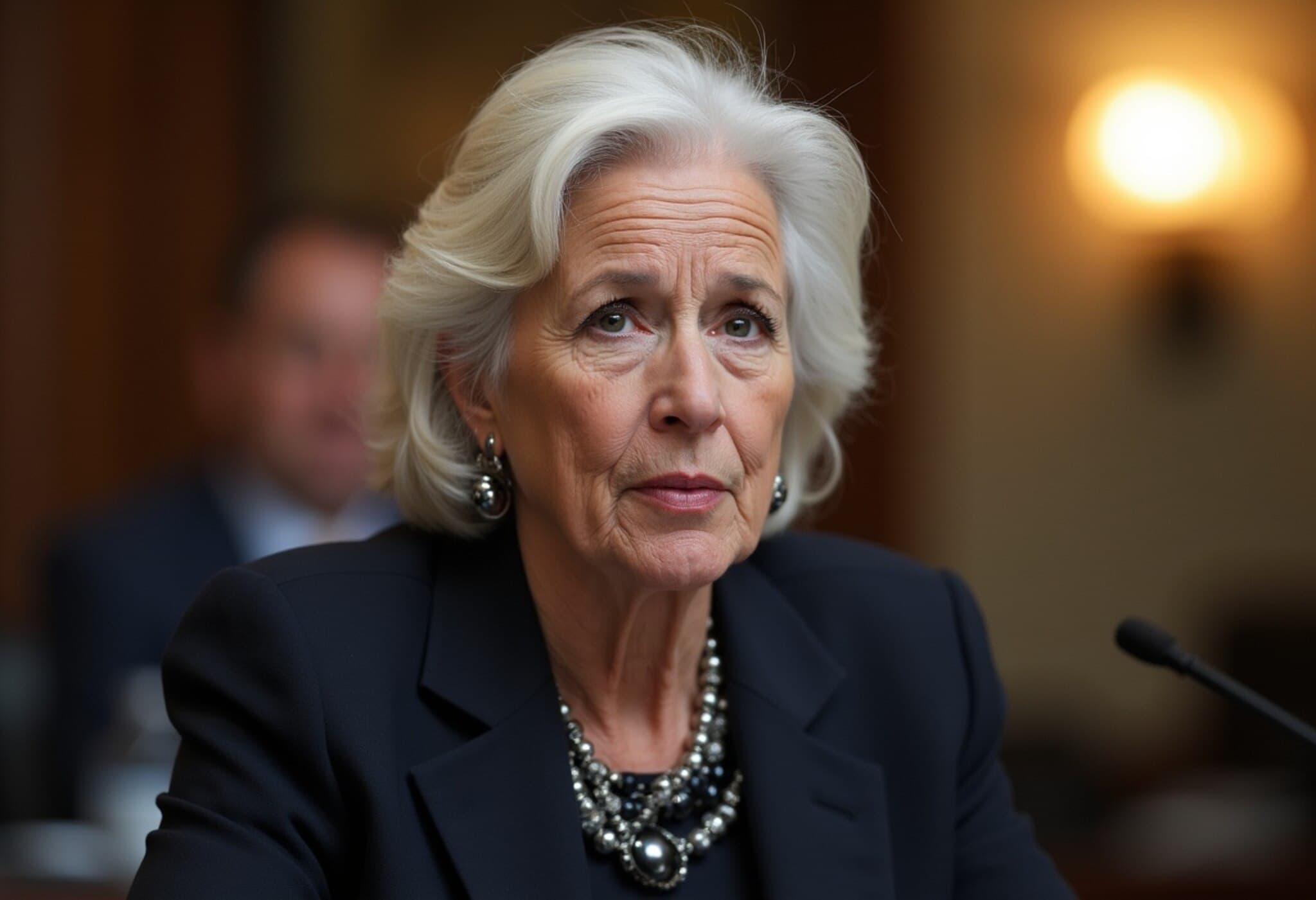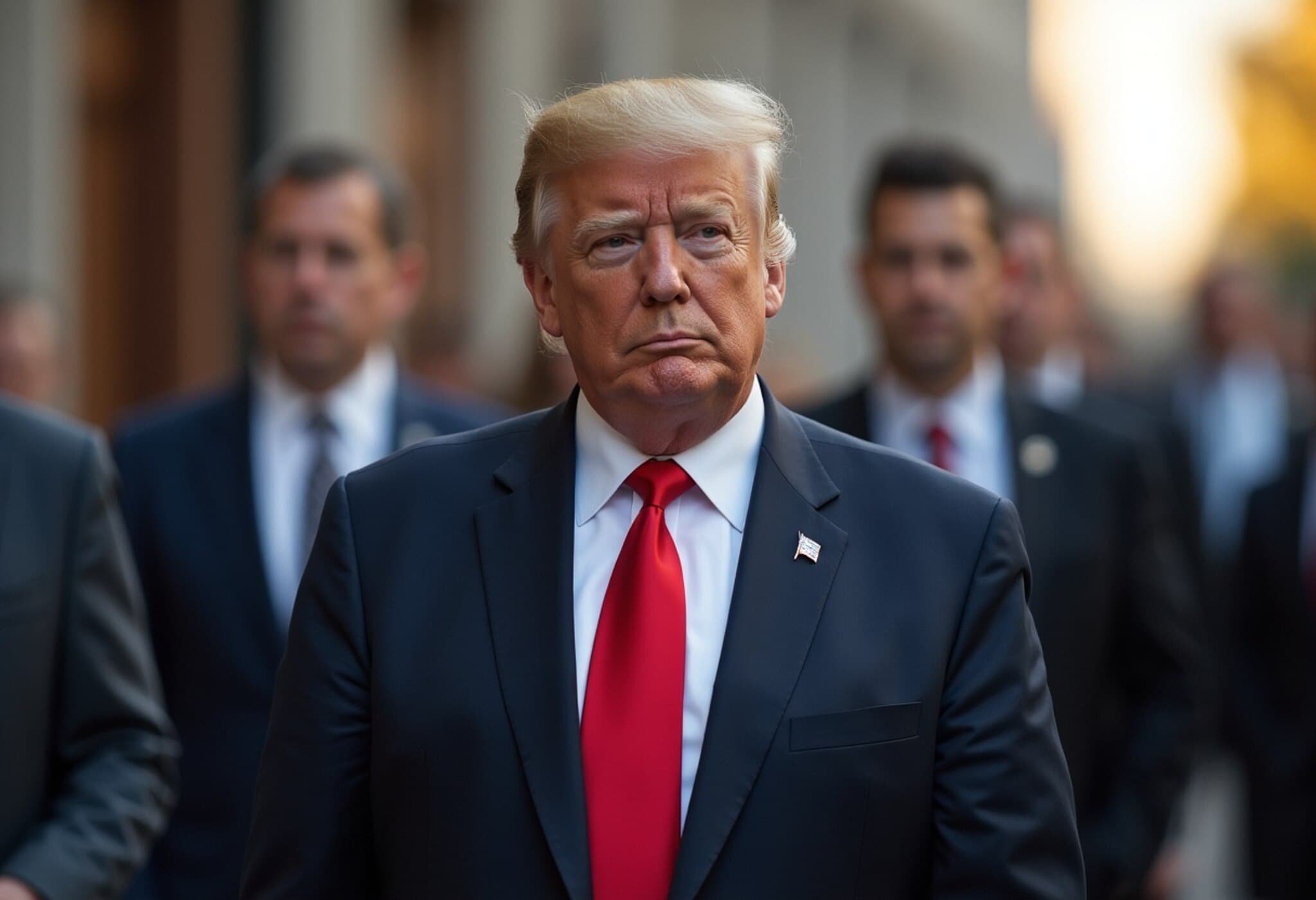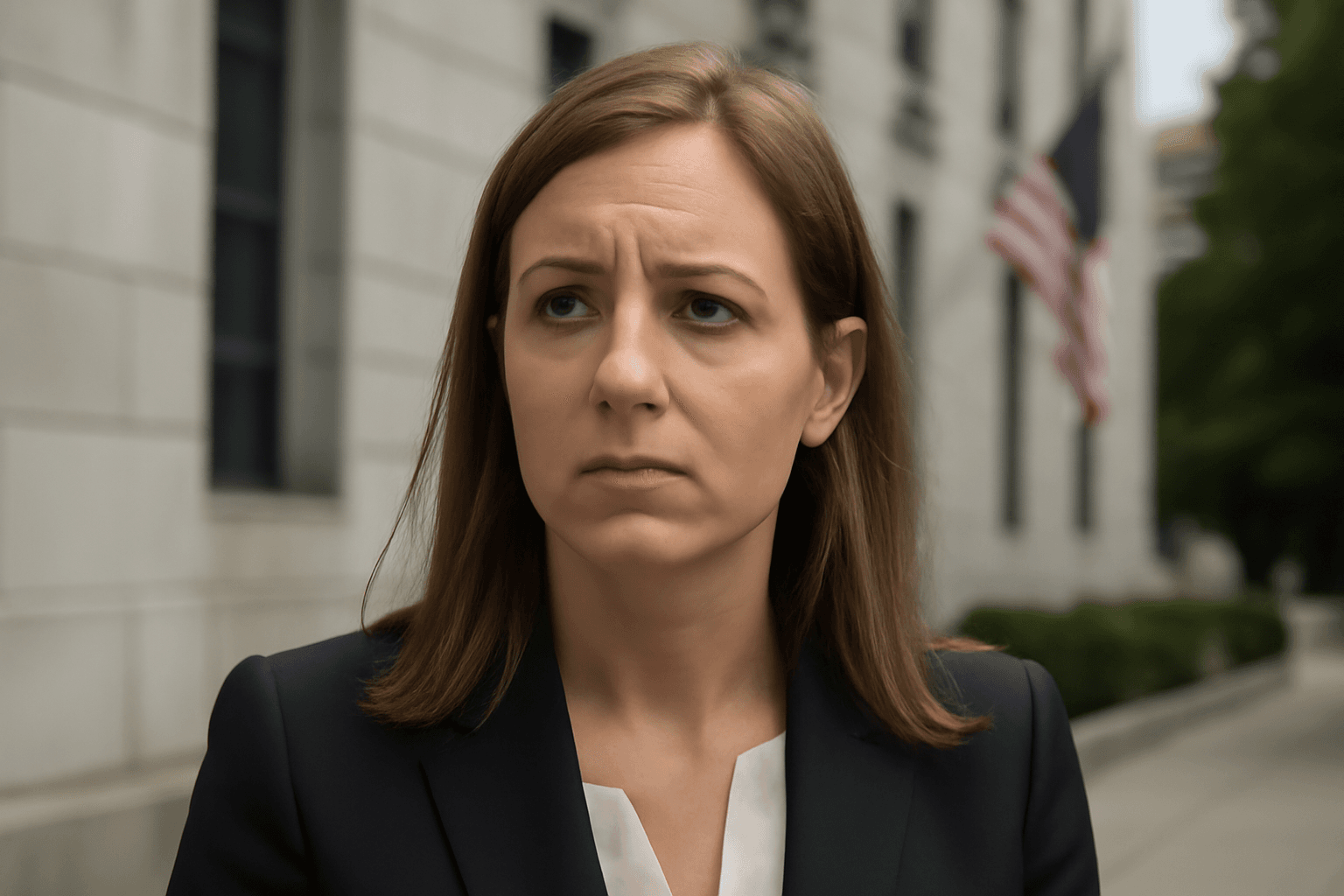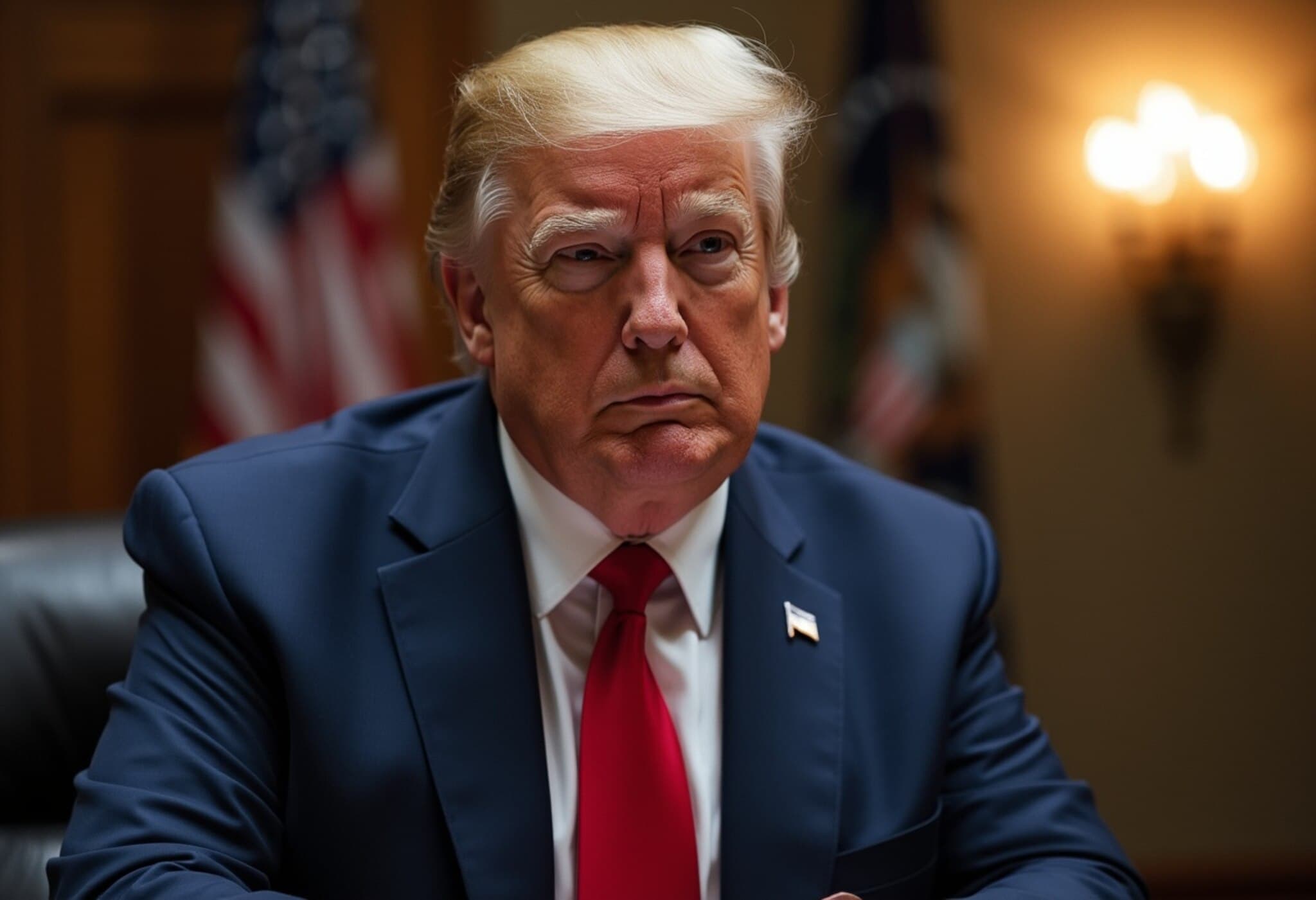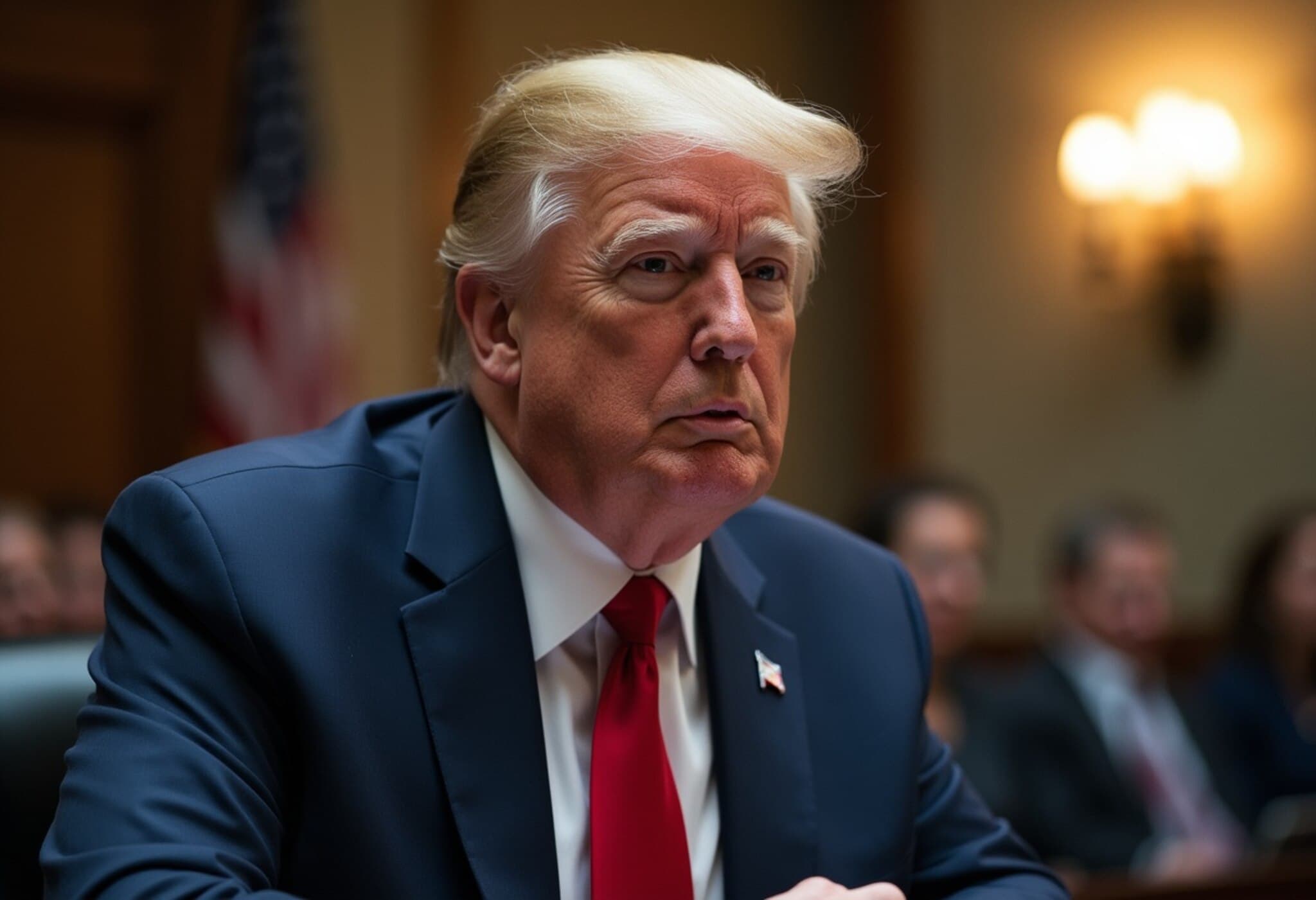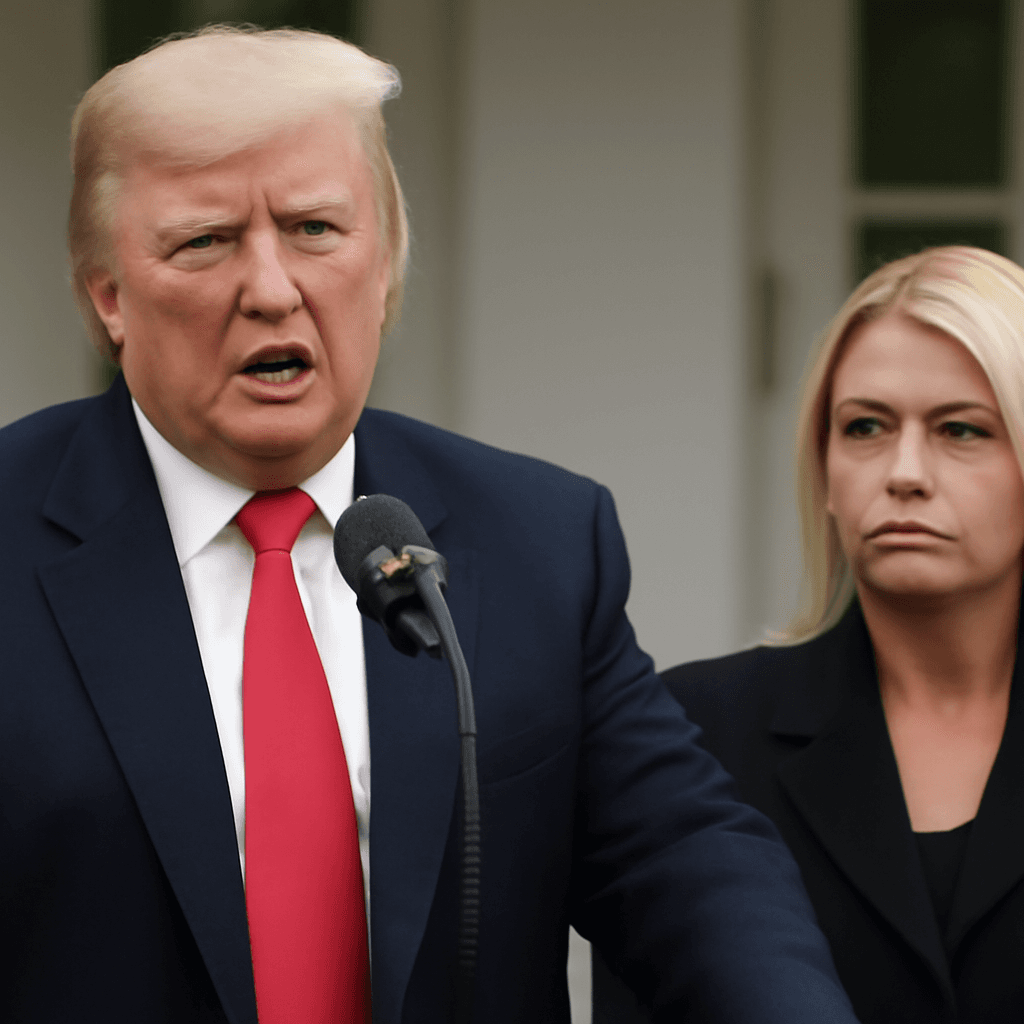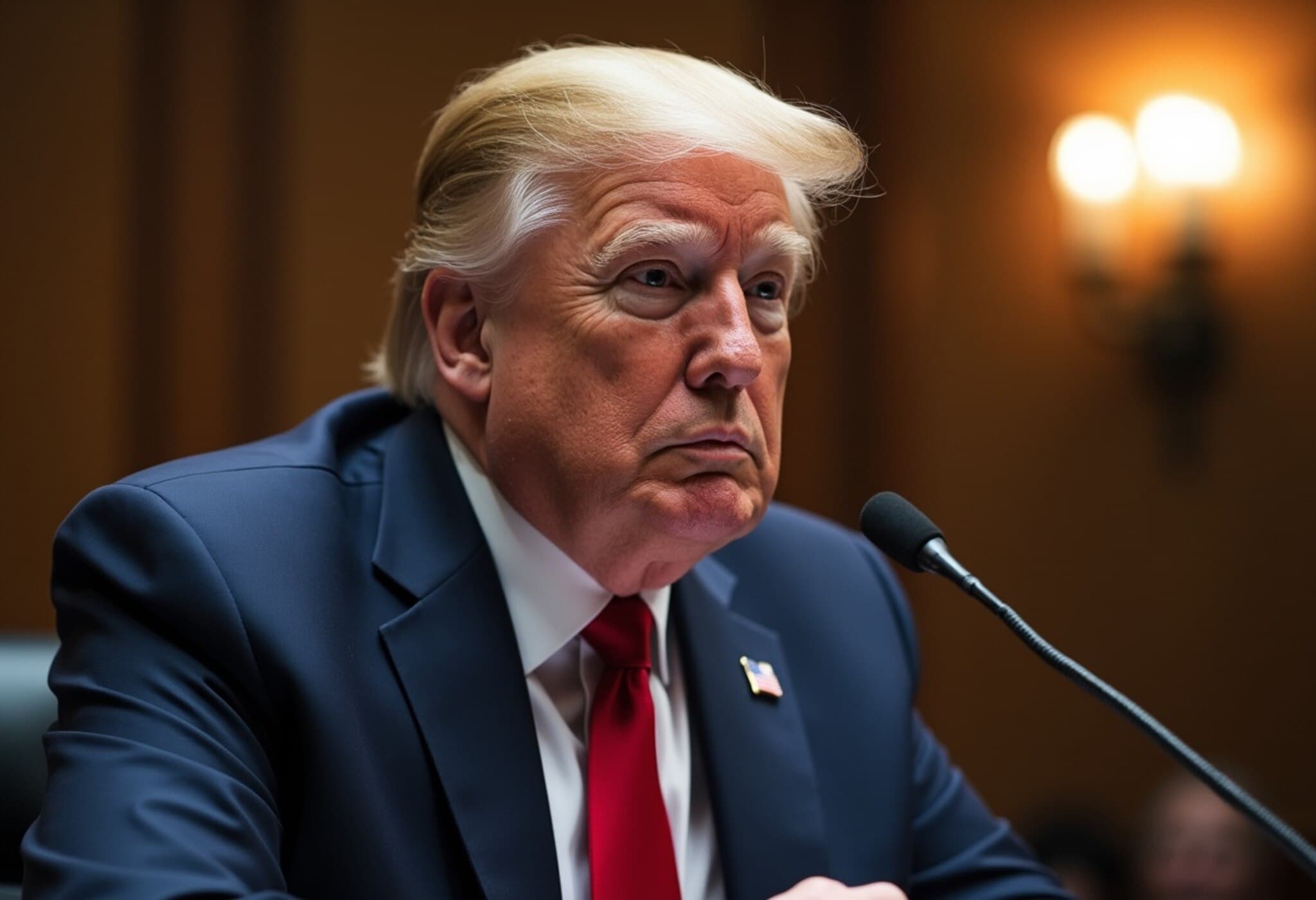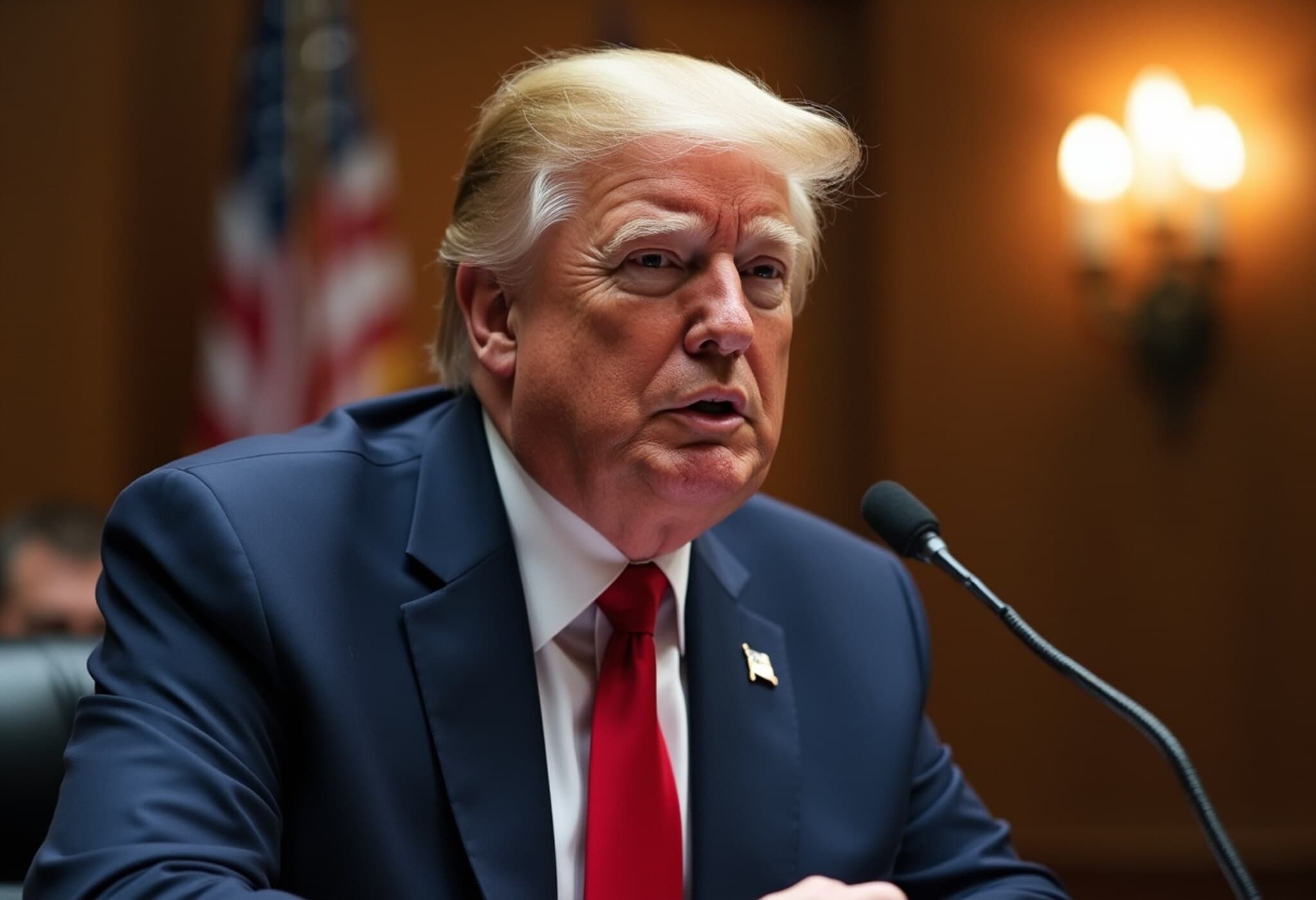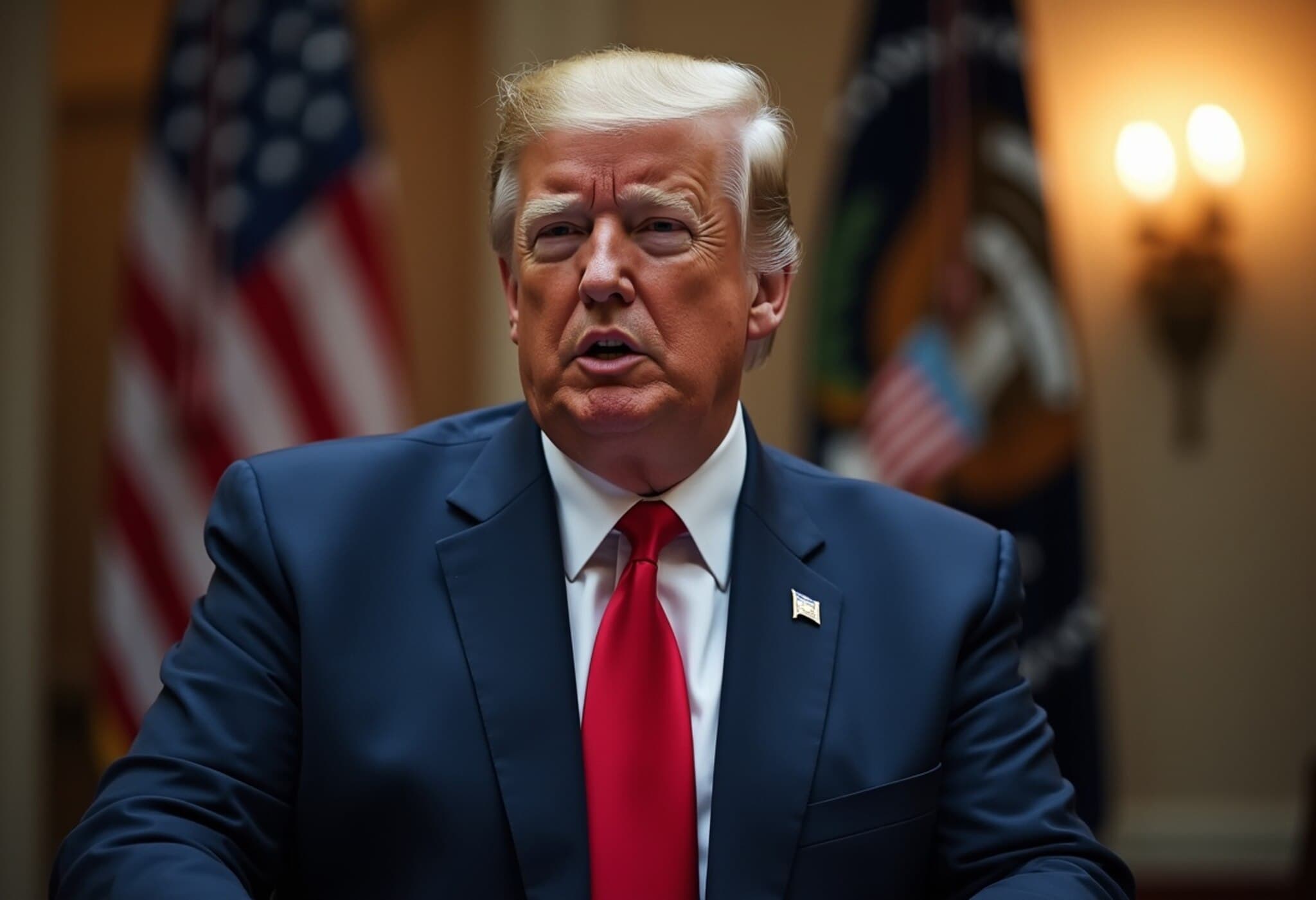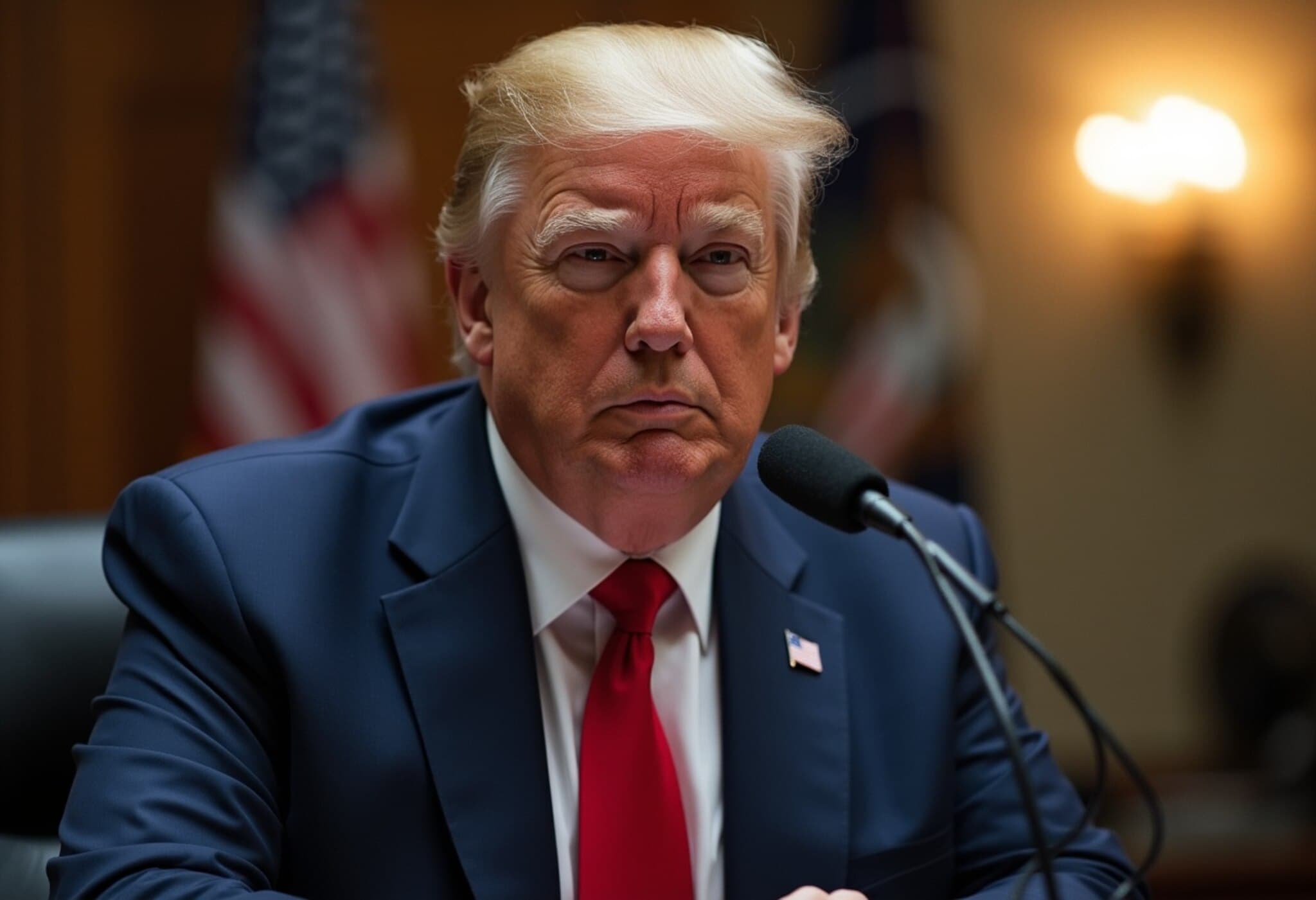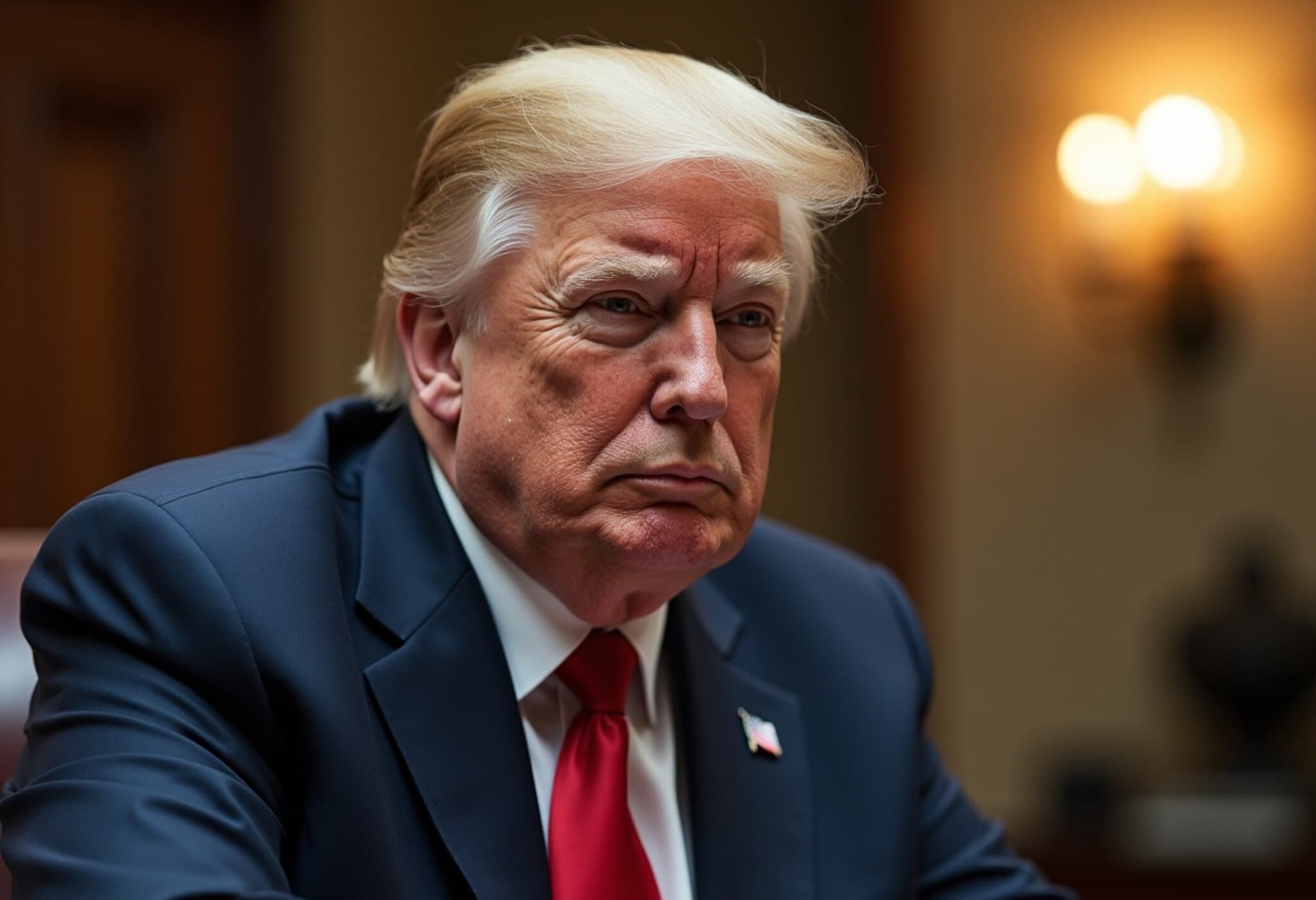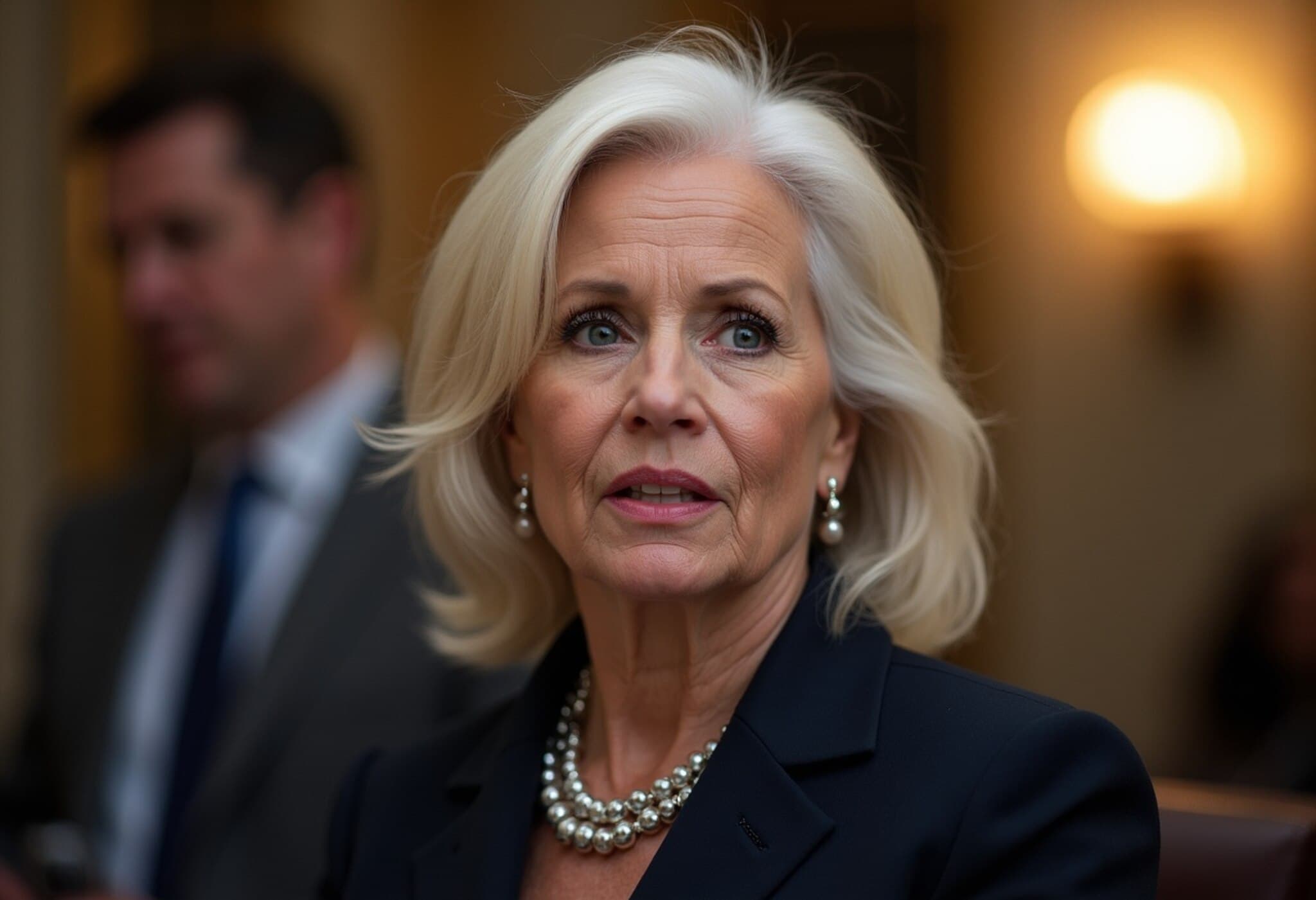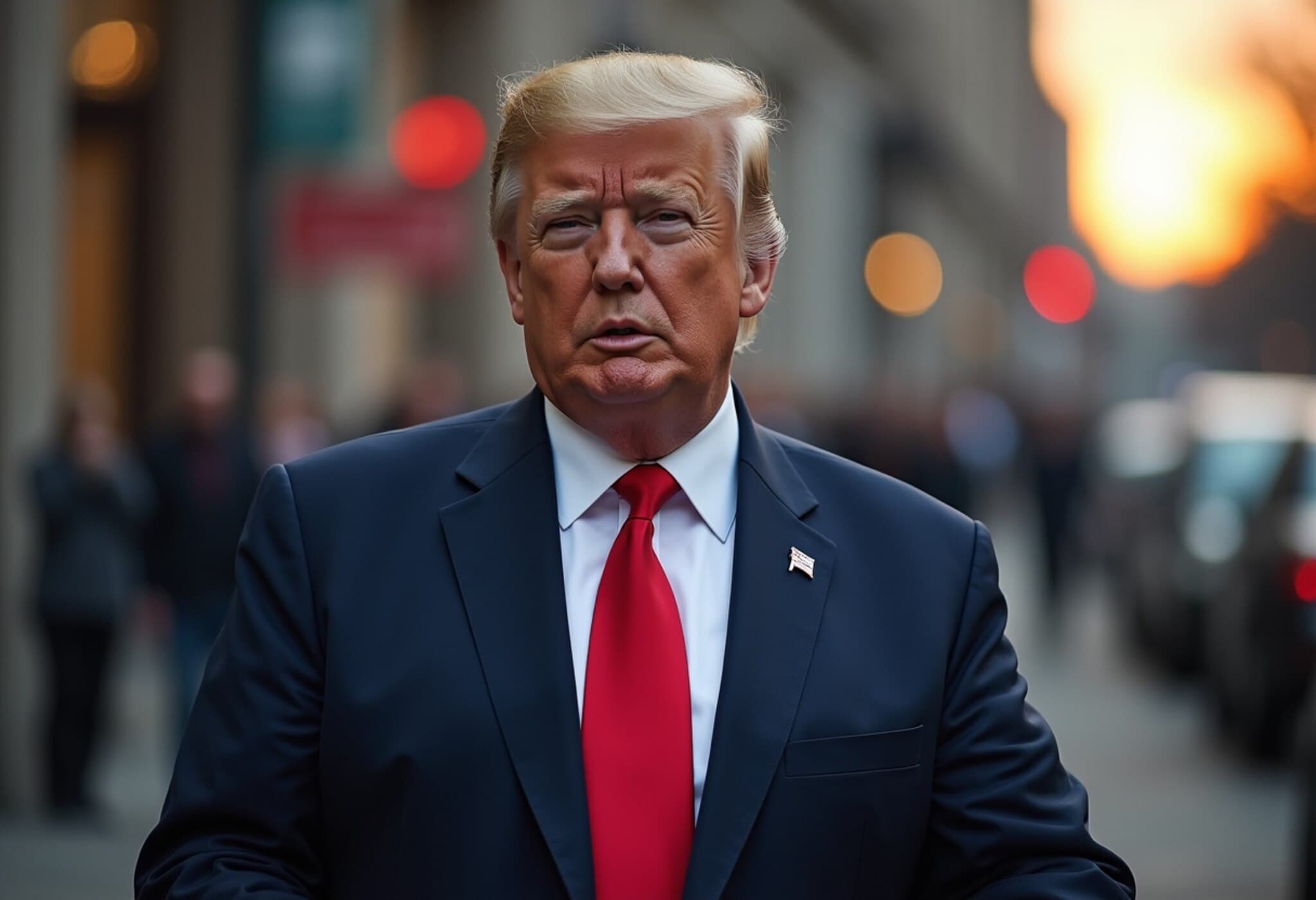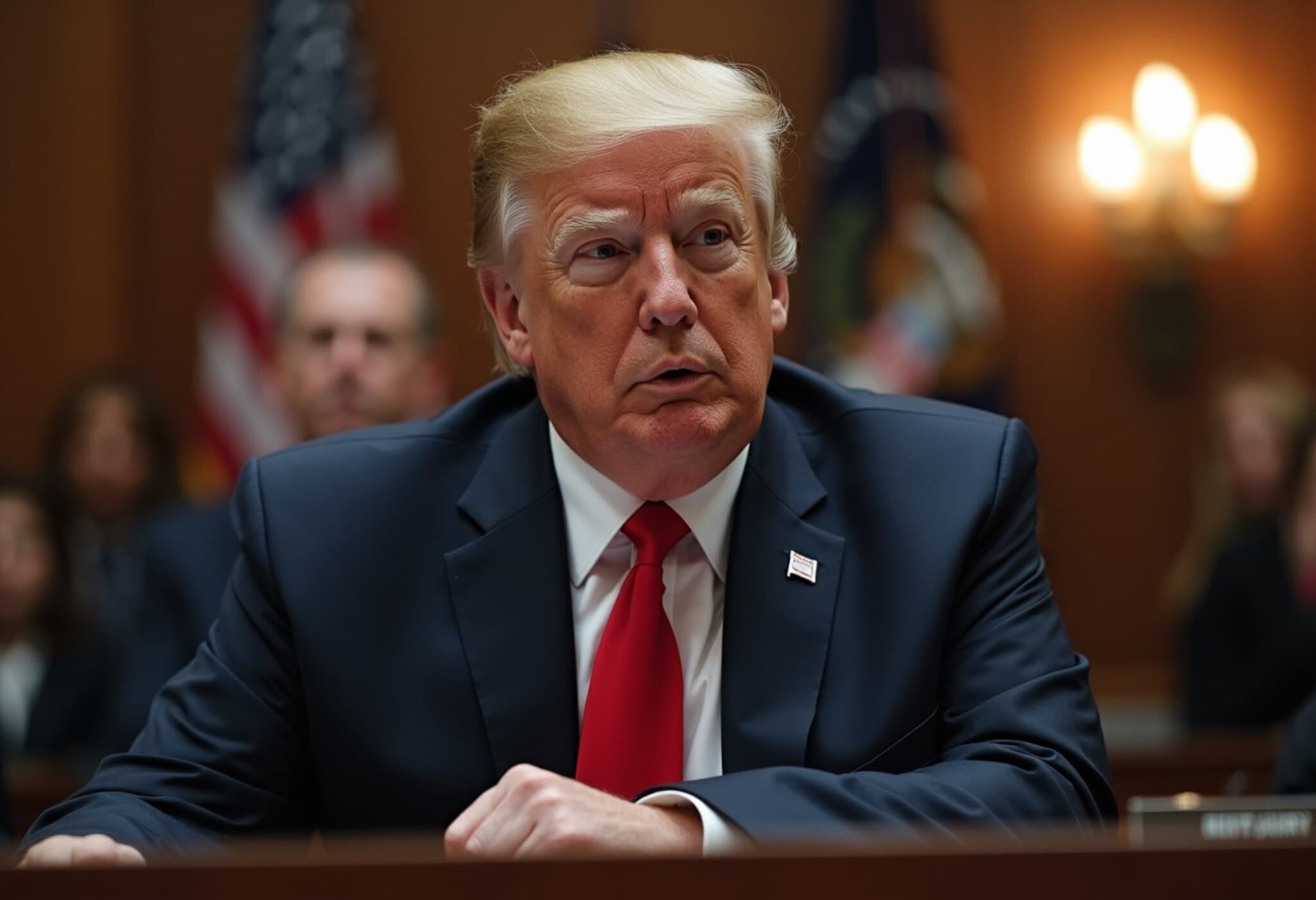Attorney General Pam Bondi Maintains Position Amid Epstein Investigation Fallout
Amid mounting political pressure and public scrutiny, Attorney General Pam Bondi made it clear she has no intention of stepping down, brushing aside pointed questions about the handling of the Jeffrey Epstein sex trafficking records and internal conflict within the Justice Department.
During a press briefing held at the Drug Enforcement Administration (DEA) headquarters in Arlington, Bondi focused attention away from Epstein-related issues, spotlighting recent law enforcement victories against the opioid crisis. Despite persistent questioning from reporters, she refused to engage on the contentious topic, emphasizing instead the department’s commitment to battling dangerous drugs flooding American communities.
A Calculated Shift Towards Drug Enforcement Success
Bondi used the platform to announce significant seizures of methamphetamine and fentanyl, including reports of narcotics concealed within shipments of cucumbers at the U.S.-Mexico border. Her rhetoric underscored a broader law enforcement narrative aimed at countering the devastating impact of fentanyl, a synthetic opioid that has surged as a leading cause of overdose deaths nationwide.
"This today is about fentanyl overdoses throughout our country and people who have lost loved ones to fentanyl," Bondi said. "That’s the message that we’re here to send today. I’m not going to talk about Epstein." This response reflects a strategic pivot designed to realign public attention toward pressing drug enforcement priorities.
Political Pressure from Trump’s Base Intensifies
Despite Bondi's determined stance, conservative figures and some prominent supporters of former President Donald Trump have called for her resignation over the Justice Department's refusal to release additional Epstein records. The latter, many argue, is a matter of public accountability and transparency in a case that has captivated the world due to Epstein’s extensive network and high-profile connections.
In a show of loyalty, Trump publicly defended Bondi’s handling of the situation, stating she managed the matter "very well" and insisting that any further release of documents should be at her discretion, based on what she deems credible.
Bondi confirmed the Justice Department's position remains firm, referencing a memo released the prior week stating no further disclosures regarding Epstein are deemed "appropriate or warranted" after a thorough review of the files. "The memo speaks for itself," Bondi noted, sidestepping any further elaboration.
Justice Department Internal Discord: The Bongino Conflict
The Epstein controversy has also brought to light an internal rift within the DOJ, spotlighting tensions between Bondi and FBI Deputy Director Dan Bongino. The dispute reportedly centers on conflicting accounts about who blocked the release of Epstein files, with reports suggesting the FBI wanted to disclose them months ago but was prevented due to White House pressures.
When pressed about Bongino’s future at the bureau, Bondi declined to comment on personnel matters, affirming only that she recently met with FBI Director Kash Patel and expressing a united commitment to "making America safe again." This response indicates an attempt to project cohesion amid palpable factionalism.
Background: Earlier Missteps and Unfulfilled Promises
Bondi’s handling of Epstein-related files has sparked skepticism, particularly after an initial release of documents in February 2025 failed to deliver any substantive revelations, despite initial fanfare and targeted distribution to conservative influencers. Following the underwhelming release, Bondi publicly accused officials of withholding evidence from her.
She claimed the FBI subsequently turned over a "truckload" of documents containing thousands of new pages, raising public expectations for further disclosure. However, the recent memo declaring no additional releases can be made has left many advocates, journalists, and legal experts questioning the motivations behind the DOJ's opacity.
Expert Analysis: The Stakes Behind DOJ Transparency
Legal analysts suggest that the Justice Department’s refusal to release more Epstein-related documents could undermine public faith in government accountability. Transparency in such cases serves not only the victims but also fortifies institutional trust amid rising concerns about political interference.
Additionally, the internal conflict involving Bongino exposes challenges within law enforcement leadership during politically charged investigations, highlighting the delicate balance between operational confidentiality and public demand for openness.
What’s Next for Bondi and the DOJ?
- Continued Scrutiny: Expect ongoing calls from watchdog groups and political opponents for increased transparency regarding the Epstein investigation.
- Focus on Drug Enforcement: Bondi aims to redirect public and media attention toward combating the opioid epidemic.
- Leadership Stability: DOJ leadership will likely strive to quell internal disputes to maintain operational effectiveness and public confidence.
Editor’s Note
The Epstein saga continues to cast a long shadow over the Justice Department, posing critical questions about transparency, accountability, and political influence in sensitive investigations. Attorney General Pam Bondi’s steadfast refusal to step down, combined with her strategic reframing of the department’s priorities, illustrates the complex interplay between public trust and institutional resilience. As the DOJ moves forward, it remains to be seen whether this approach will quell dissent or deepen calls for reform.
For readers interested in the broader implications, this case exemplifies the challenges facing America’s justice system when confronting powerful figures and politically charged cases during a polarized era.

